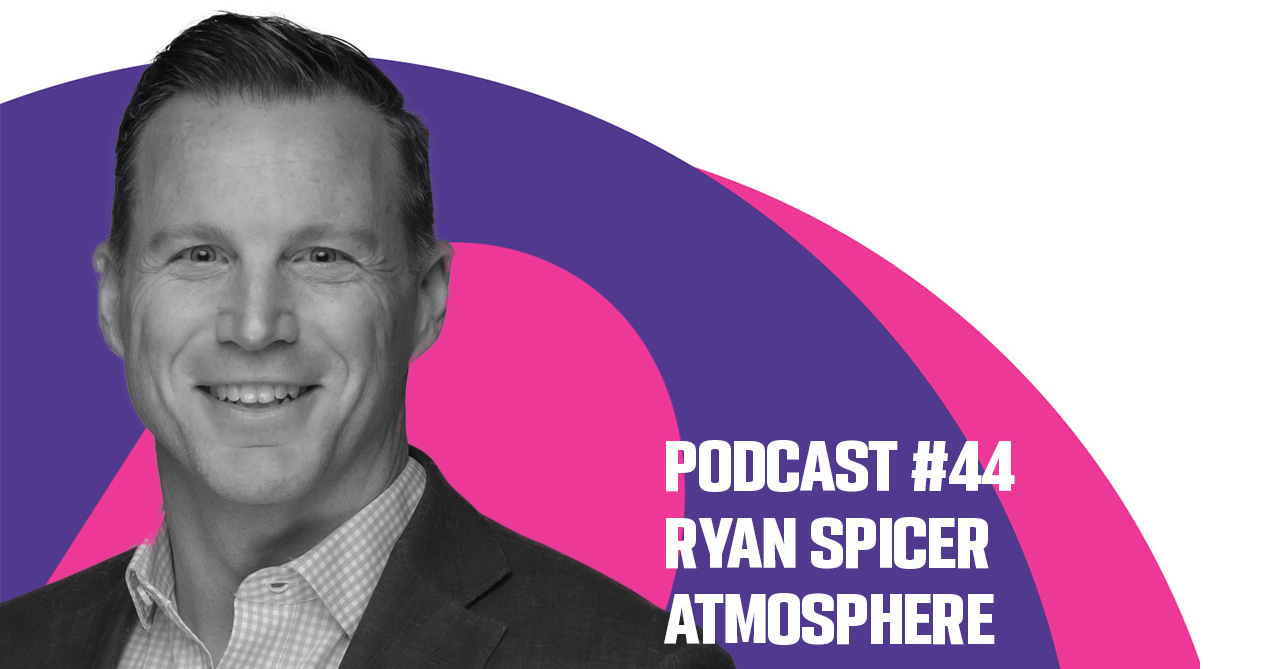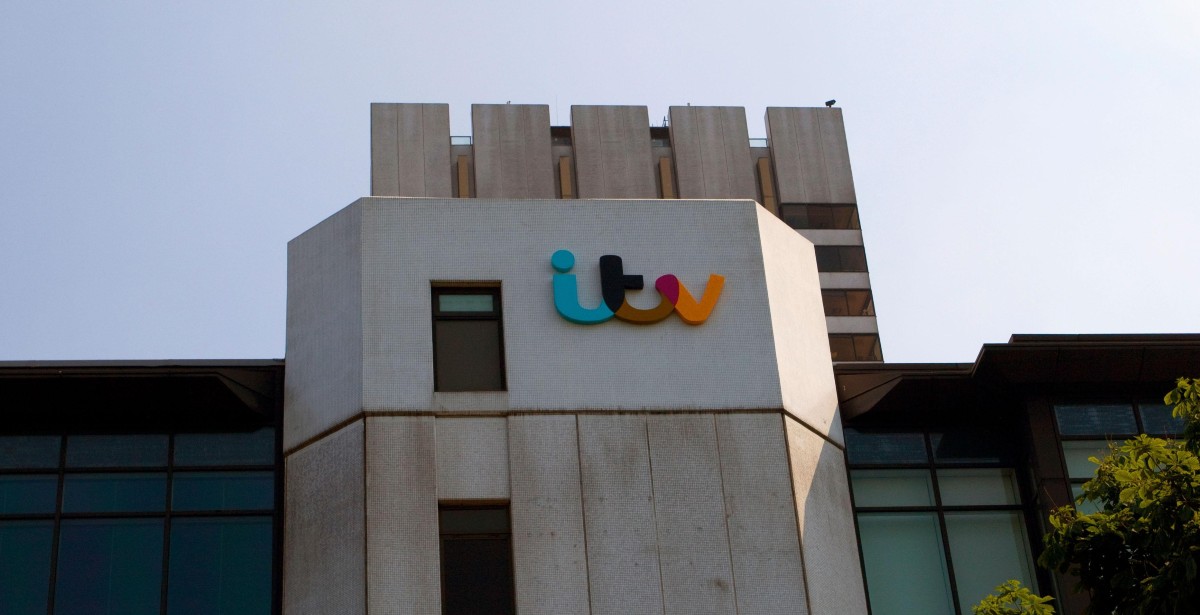Clean room provider InfoSum today announced the launch of Private Path, a new tool which the company says enables businesses to collaborate using first-party data in a privacy preserving manner, outside of the clean room environment. InfoSum says the new tool will enable data, measurement, and media partners to get the most out of their first-party data in a faster, safer, and more cost-effective manner.
Brian Lesser, InfoSum’s CEO and chairman, said that Private Path lets organisations collaborate around data for a wider range of use cases than was previously possible. “As well as creating opportunities for media owners and brands to make more from their first-party data, it also opens up a path for measurement providers to offer new and innovative services to their clients, empowering them to perform analysis of campaign performance at speed without any risk of exposing sensitive customer data,” said Lesser.
ITV, Tesco Media & Insights Platform, Experian and Circana are among early users of Private Path.
Keeping data clean outside the clean room
To use the product, companies which want to combine their first-party data sets will still connect into InfoSum’s data collaboration platform, which will do the work of identifying customer overlaps in those datasets. Traditionally, calculations would then be performed inside InfoSum’s data bunkers, in order to facilitate targeting or measurement insights.
This clean room environment is restrictive in the types of calculations it can run. Brands, agencies, and media companies often have their own AI models and data science environments where they run measurement tasks. But with this traditional clean room structure, they’re unable to bring comingled datasets outside of the clean room and into their own measurement systems.
Private Path remedies this by converting any personally identifiable information (PPI) into a non-reversible synthetic ID. Any party working with Private Path is then able to bring these synthetic IDs and matches between these synthetic IDs outside of the clean room, with PII removed but relevant non PII data (such as media exposure data) intact.
They can then use this data to run their own advanced calculations in any cases where they don’t need to see the PII itself. For example for advanced measurement and attribution calculations, a brand or agency doesn’t need to know the name, email address, or phone number of the individuals who saw an ad. They just need to know data on media exposure, and when that matches up to a purchase (for example).
Measurement the major attraction
Private Path has use cases outside of measurement – for example data enrichment using data from media partners.
But measurement is likely to be the major use case. This is where media companies, agencies, and brands have invested most in building up their own capabilities. And with measurement likely to be hit hard by Google’s removal of third-party cookies from Chrome later this year, tools which enable more sophisticated measurement and attribution will need to fill in the gaps.
And in the TV world, InfoSum’s new tool could prove helpful for broadcasters looking to demonstrate TV’s ability to deliver on performance metrics. “The launch of Private Path is a key development for us to more efficiently deliver insights to brands around the positive impact of ITVX advertising on lower funnel conversion metrics,” said Catherine Hallam, Head of Data Strategy at ITV. “Testing Private Path with Tesco Media & Insights Platform has confirmed that this innovative solution will enable us to maximise the value from collaborating on ITV and transactional datasets in a privacy-compliant way for collective benefit.”




